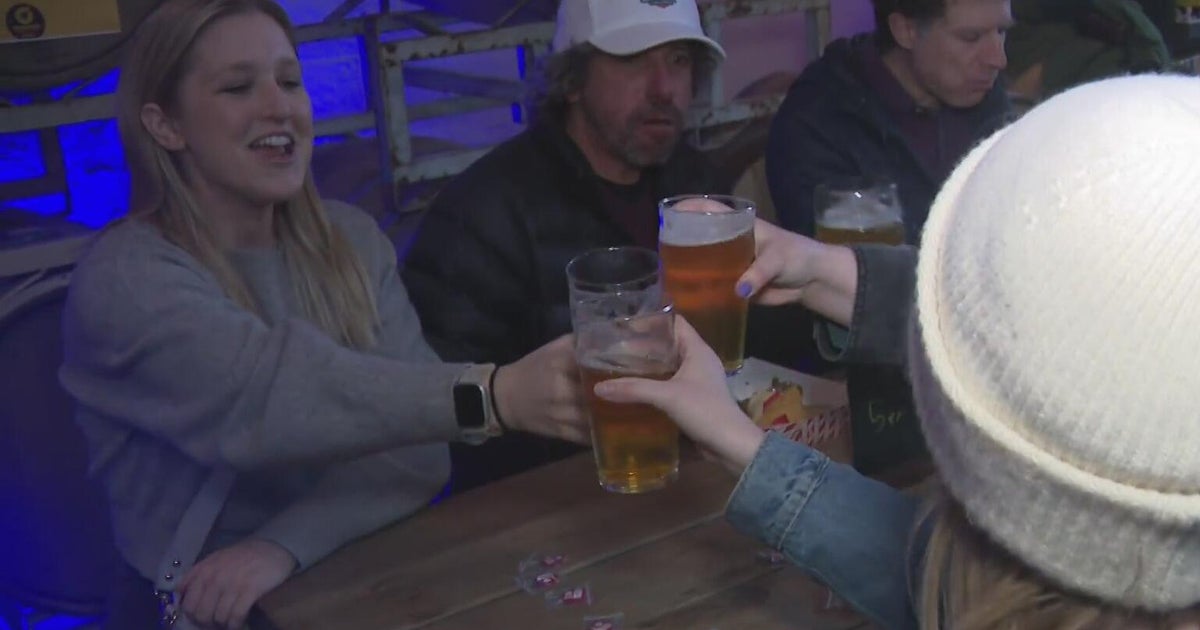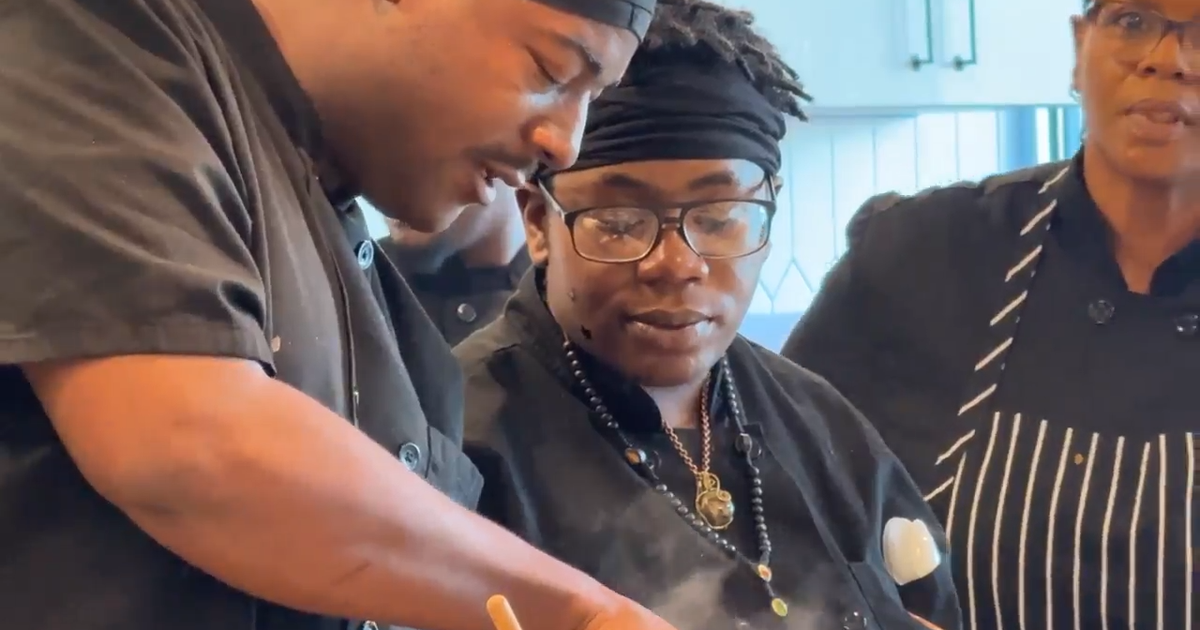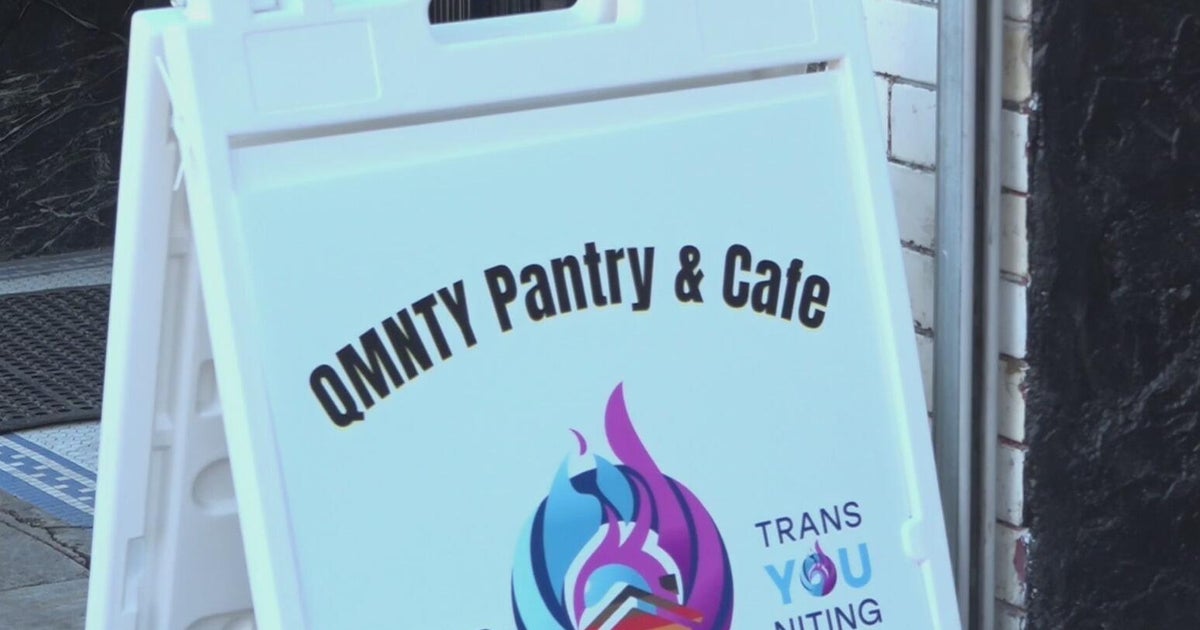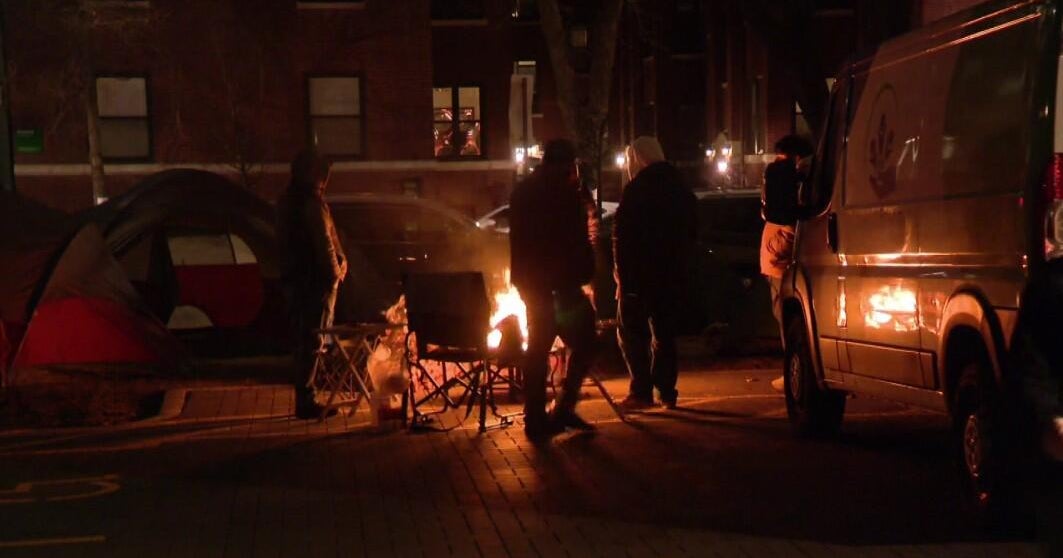San Francisco's Mission Food Hub seeks lifeline to continue operation
A volunteer-run food cooperative in San Francisco's Mission District, which has been a lifeline for so many families, is now in desperate need of support to continue its vital work in the community.
Maria Tec'poot and her mother, Ofelia, vividly remember the day they first turned to the Mission Food Hub in 2020. Like many families in San Francisco's Mission District, they had lost their jobs due to the pandemic and were struggling to make ends meet.
"We would go to the grocery store and we were looking for fresh produce and it was so expensive, and then one day my mom found out about the Mission Food Hub," Tec'poot recalled. "That's when she was like, 'Okay, we're gonna give it a shot. Let's see if I can get, at least, a gallon of milk.'"
The Mission Food Hub, founded in May 2020, was created to provide culturally appropriate groceries to families affected by the pandemic. At its peak, the Hub was serving 9,000 families three times a week. Maria and Ofelia were among those who relied on its services.
"We would come twice a week and one time, we were in line for five hours," said Tec'poot. "My mom was to her breaking point. She was like, "I don't think we're gonna get to the very front of the line.""
But they did make it to the front, and in gratitude for the help they received, both mother and daughter became volunteers, helping to pack and distribute food to their neighbors in need.
Now, however, the Mission Food Hub is struggling to keep its doors open. As life has returned to some semblance of normalcy for many, donations have sharply declined, leaving the Hub's shelves bare. Roberto Hernandez, the founder of the Mission Food Hub, described a dire situation.
"It's empty. Look at all of this. It's empty," said Hernandez as he gestured to vacant shelves. "This place used to be full of donations of food, vegetables, fruits."
The Hub can now barely offer food on Fridays. The number of families served has dropped from 9,000 to just 2,000, and even those numbers are at risk. Hernandez emphasizes the critical role essential workers - often unseen - play in the city and the ongoing need to support them.
"What people don't realize is that we've been the essential workers, but we're invisible," said Hernandez. "And that's what we want to tell the public today. Don't forget the person that's your bus driver, the waiter, the dishwasher, the janitor - people that do the hardest work in this city still need help."
The situation at the Mission Food Hub is part of a broader trend across California. According to CalMatters, the end of a pandemic-era federal aid program in April 2023 led to a spike in food insecurity. By the end of last year, more than 3.1 million households in California, including 1.1 million with children, were struggling with uncertain access to food.
The Mission District, once ground zero for the coronavirus, remains deeply affected.
"Now people are going to start worrying about what they're gonna have on the table, and we help out a lot of families, mothers and kids, mainly a lot of families," said Tec'poot.
Maria and Ofelia are now pleading for help to keep the Mission Food Hub open. They fear that without it, many families will have nowhere else to turn.







